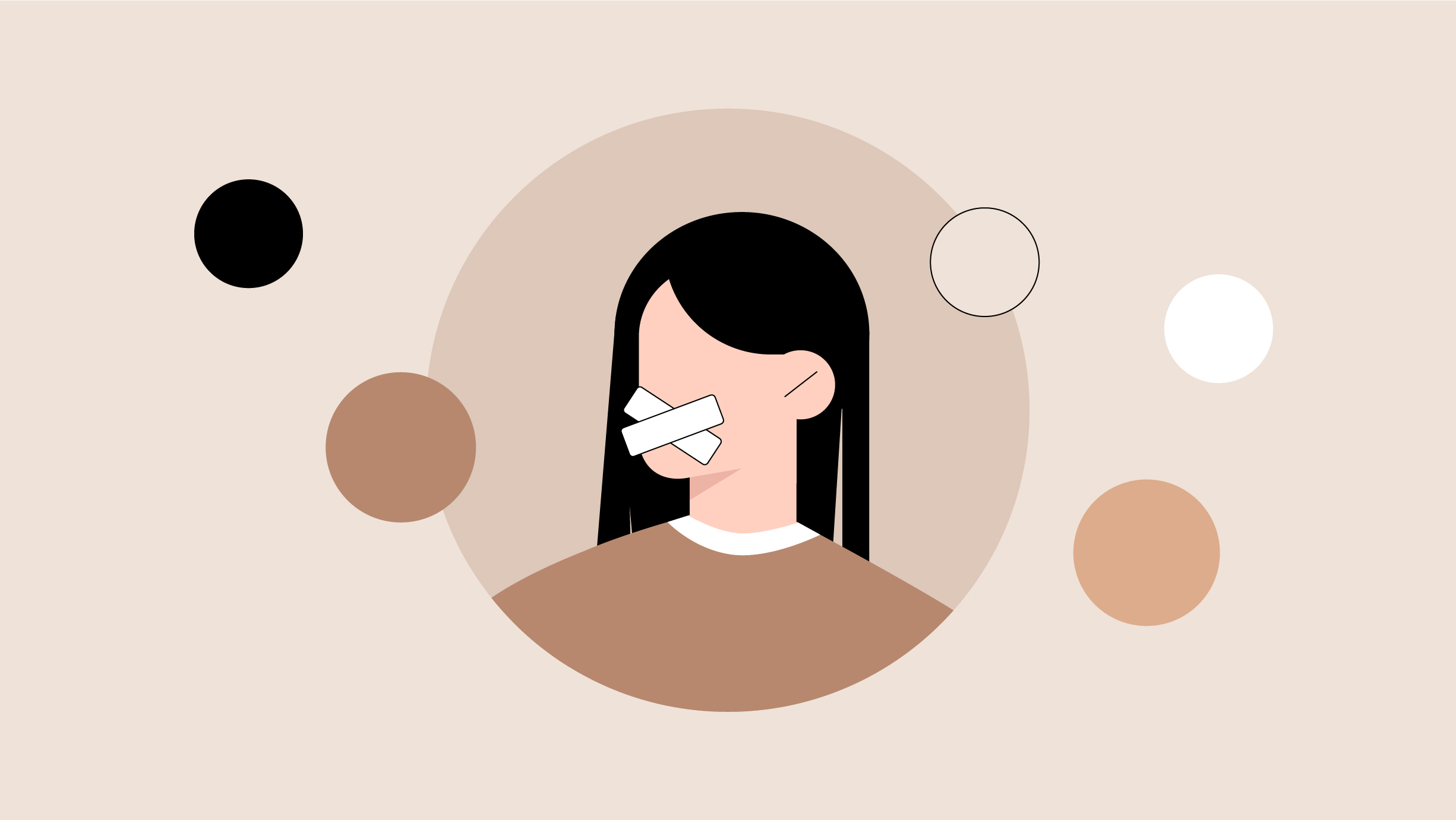What should I tell my care team before I take this medication?
They need to know if you have any of these conditions:
- Difficulty passing urine
- Glaucoma
- Intestinal obstruction
- Kidney disease
- Liver disease
- An unusual or allergic reaction to darifenacin, other medications, foods, dyes, or preservatives
- Pregnant or trying to get pregnant
- Breast-feeding
What may interact with this medication?
- Clarithromycin
- Flecainide
- Medications for fungal infections, such as fluconazole, itraconazole, ketoconazole or voriconazole
- Medications for HIV or AIDS, such as ritonavir or nelfinavir
- Nefazodone
- Thioridazine
- Tricyclic antidepressants, such as amitriptyline, imipramine, or nortriptyline
This list may not describe all possible interactions. Give your health care provider a list of all the medicines, herbs, non-prescription drugs, or dietary supplements you use. Also tell them if you smoke, drink alcohol, or use illegal drugs. Some items may interact with your medicine.
What should I watch for while using this medication?
Visit your care team for regular checks on your progress. It may be some time before you see the benefit from this medication.
You may need to limit your intake of tea, coffee, caffeinated drinks, and alcohol. These drinks may make your symptoms worse.
This medication may affect your coordination, reaction time, or judgment. Do not drive or operate machinery until you know how this medication affects you. Sit up or stand slowly to reduce the risk of dizzy or fainting spells. Drinking alcohol with this medication can increase the risk of these side effects.
Your mouth may get dry. Chewing sugarless gum or sucking hard candy, and drinking plenty of water may help. Contact your care team if the problem does not go away or is severe.
This medication may cause dry eyes and blurred vision. If you wear contact lenses, you may feel some discomfort. Lubricating drops may help. See your care team if the problem does not go away or is severe.
Avoid extreme heat. This medication can cause you to sweat less than normal. Your body temperature could increase to dangerous levels, which may lead to heat stroke.








